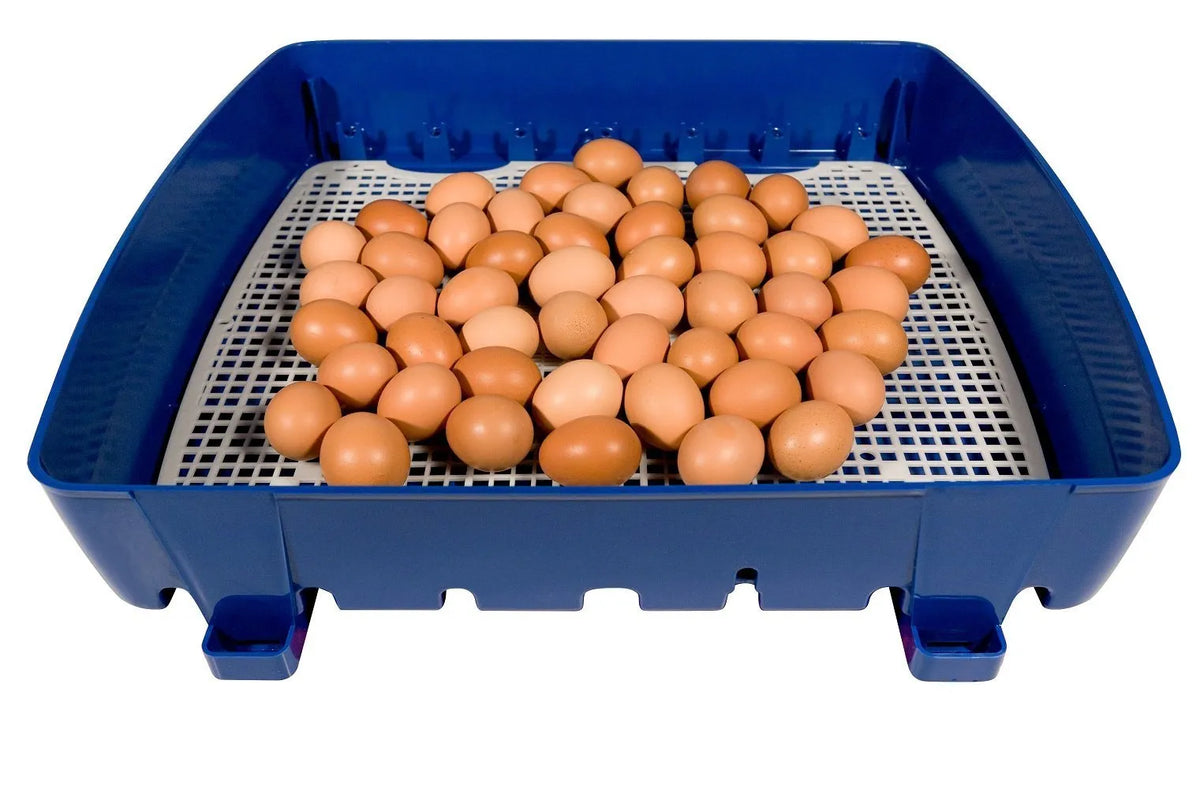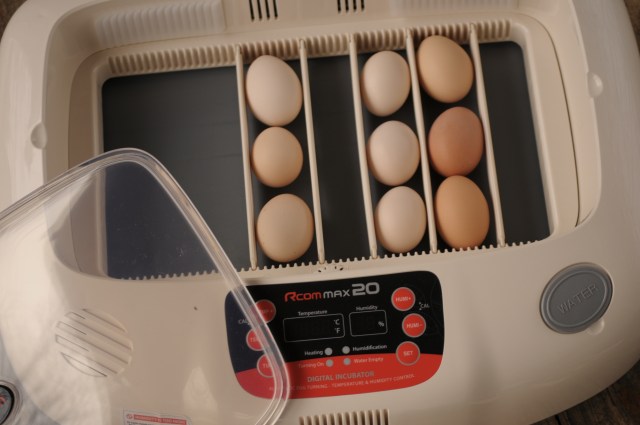In the world of poultry farming, a large capacity incubator for poultry plays a vital role in ensuring productive breeding cycles. These incubators have become essential tools for both small-scale hobbyists and large commercial operations. With a large capacity, these machines are capable of hatching numerous eggs at once, providing an efficient solution for farmers aiming to increase their flock size.
Whether you’re a seasoned farmer or a newcomer to poultry breeding, understanding the functionalities and benefits of a large capacity incubator for poultry is crucial. In this comprehensive guide, we will explore everything you need to know about these incubators, from their features and benefits to maintenance tips and buying considerations.

What is a Large Capacity Incubator for Poultry?
A large capacity incubator for poultry is a specialized device designed to create an optimal environment for the incubation of poultry eggs. These incubators are equipped to handle a significant number of eggs, making them ideal for larger farming operations or those looking to expand their hatchery business. The primary function of these incubators is to maintain a consistent temperature and humidity level, crucial for successful egg hatching.
Benefits of Using a Large Capacity Incubator
Increased Hatching Efficiency
With a large capacity incubator for poultry, farmers can hatch a greater number of eggs simultaneously, leading to increased efficiency and output. This is particularly beneficial for commercial operations where maximizing productivity is key.
Consistent Environmental Control
These incubators are designed to provide precise control over environmental conditions, such as temperature and humidity. This consistency ensures a higher hatch rate and healthier chicks. For more details on maintaining humidity, visit our Humidity Guide.
Reduced Labor Costs
By automating the incubation process, a large capacity incubator for poultry reduces the need for manual labor, allowing farmers to focus on other critical aspects of poultry management, such as chick care post-hatching. For tips on this, check out our Chick Care Guide.
Features to Look for in a Large Capacity Incubator
Temperature Control
Accurate and reliable temperature control is essential for successful hatching. Look for incubators with digital thermostats that allow precise adjustments.
Humidity Control
Humidity is a critical factor in the incubation process. Modern incubators come with built-in humidity sensors and controls to ensure optimal conditions. You can read more about this in our Humidity Guide.
Automatic Egg Turner
An automatic egg turner ensures that eggs are turned regularly, which is crucial for embryo development. This feature saves time and effort, especially in large-scale operations.
How to Choose the Right Large Capacity Incubator
Consider Your Flock Size
The size of your flock and your expansion goals should guide your choice of incubator. Ensure the incubator can accommodate the number of eggs you plan to hatch.
Budget Considerations
While larger incubators can be a significant investment, they offer long-term benefits in terms of productivity and efficiency. Balance your budget with your operational needs.
Brand Reputation and Reviews
Research brands and read reviews to ensure you’re investing in a reliable and durable product. Recommendations from fellow farmers can also be invaluable.
Maintenance Tips for Large Capacity Incubators
Regular Cleaning
Keeping your incubator clean is crucial for preventing the spread of bacteria and ensuring the health of your chicks. Regularly clean and disinfect all parts of the incubator.
Monitor Temperature and Humidity
Frequently check and calibrate the incubator’s sensors to ensure they are functioning correctly. This will help maintain the optimal environment for hatching.
Inspect for Wear and Tear
Regularly inspect the incubator for any signs of wear or damage. Addressing these issues promptly can prevent more significant problems down the line.
Common Challenges and Solutions
Humidity Fluctuations
Humidity can be challenging to maintain, especially in larger units. Consider using a reliable hygrometer to monitor levels and adjust accordingly.
Power Outages
Power outages can disrupt the incubation process. Having a backup power source, such as a generator, can safeguard against this issue.
Egg Fertility Issues
Not all eggs will be fertile. Regularly candle eggs to monitor development and remove any non-viable ones. For more information, see our Candling Guide.

FAQs About Large Capacity Incubators
What is the ideal temperature for egg incubation?
The ideal temperature for hatching chicken eggs is typically around 99.5F (37.5C). Maintaining this temperature is crucial for the development of the embryos.
How long does it take to hatch eggs in a large capacity incubator?
Chicken eggs typically take about 21 days to hatch in an incubator. However, this can vary slightly based on factors like temperature and humidity levels.
Can I hatch different types of poultry in the same incubator?
Yes, but it’s important to consider the specific needs of each type of poultry, as they may have different incubation requirements. Adjust the settings accordingly for successful hatching.
For more insights into egg incubation, you can explore our Beginner’s Guide.
This article contains affiliate links. We may earn a commission at no extra cost to you.











